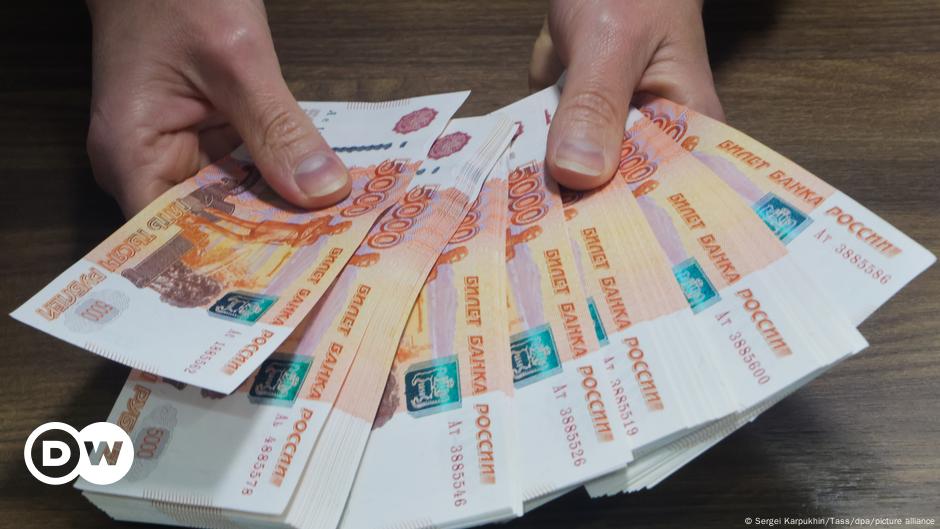Summary
Russia’s ruble has plunged to its lowest level since March 2022 following new U.S. sanctions on Gazprombank, a key platform for energy payments.
The ruble’s slide, driven by sanctions, falling oil prices, and soaring defense spending, has intensified inflation and strained the war economy.
While the Kremlin benefits from a weaker ruble by converting foreign revenues into more domestic currency, experts warn of overheating risks and financial instability.
The Russian central bank is scrambling for solutions, but long-term economic pressures and declining oil revenues pose significant challenges.



I don’t think it will matter. I might be wrong but once hyper inflation sets in I think you are fucked and it’s years to dig out even to stability.
It only took Weimar Germany 3 or 4 years to fix the hyperinflation problem, but it also made people seriously distrust the government and when the next economic crisis hit (The Great Depression), Hitler was able to use the fears of the populace to rise into power.
Good news then!
They’ve had their version of Hitler for years!
It can always get worse.
That’s the Russian National Motto!
That’s the [any country] National Motto!
…i suppose
It could be any country but it’s been a running joke about Russia, specifically, since 1918.
I’ve read that Russian history’s refrain literally is…
“… and then it got worse.”
I’ve read variants of that from many sources.
Russia’s not had good government in … millenia, apparently.
So if we elect a Democrat in 2028 we can smash them right as they recover?
I like it, let’s do it!
its also that the US is not the major trade partner here, the EU is.